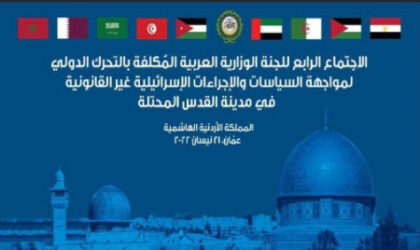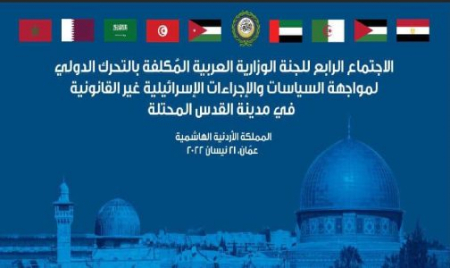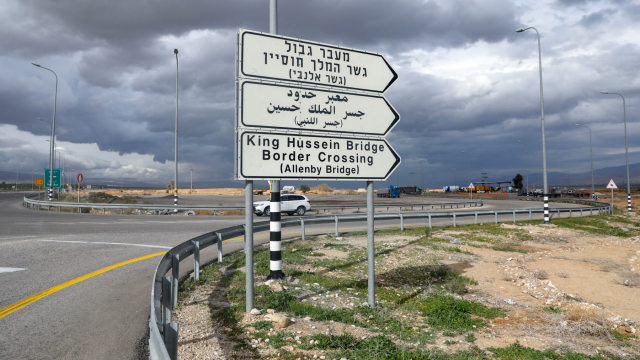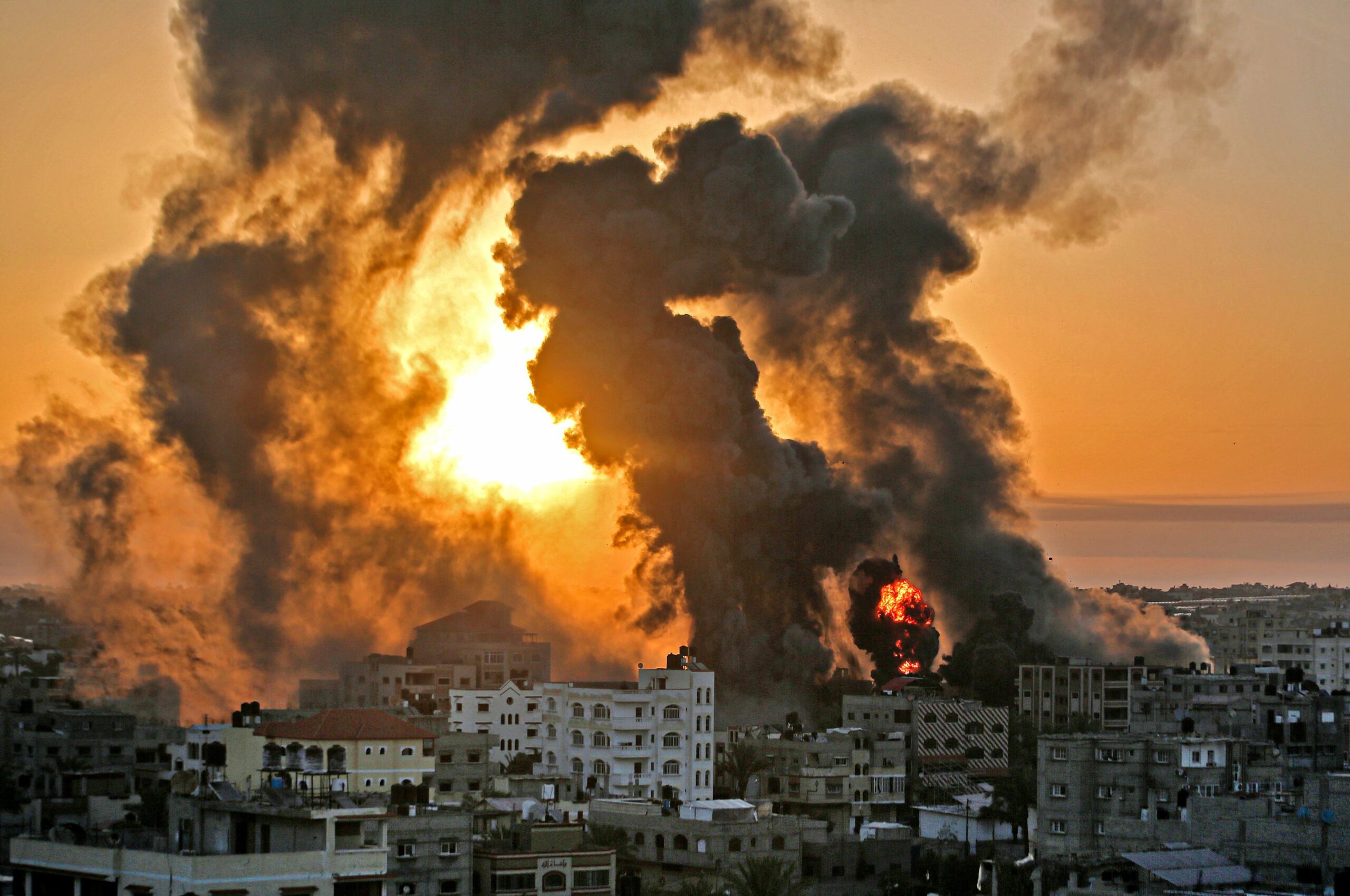 The role played by Al-Quds Committee, chaired by King Mohammed VI, through Bayt Mal Al-Quds Asharif Agency, in supporting the Holy City and Maqdissis, was hailed by the Arab Ministerial Committee for the International Action against Illegal Israeli Policies and Measures in Al-Quds.
The role played by Al-Quds Committee, chaired by King Mohammed VI, through Bayt Mal Al-Quds Asharif Agency, in supporting the Holy City and Maqdissis, was hailed by the Arab Ministerial Committee for the International Action against Illegal Israeli Policies and Measures in Al-Quds.
In its final statement released Thursday following its emergency meeting held in Amman with the participation of Moroccan FM Nasser Bourita, the Arab Committee paid tribute to the resilience of the Palestinian people and institutions in defending Al-Quds and its Holy Places, including Al-Aqsa Mosque.
It voiced strong support to the right of the Palestinians to freedom and to establish an independent Palestinian state within the 1967 borders with East Al-Quds as its capital on the basis of the two states’ option in accordance with international resolutions and the Arab Peace Initiative.
The statement also called on Israel to stop its aggression in all the occupied Palestinian territories, to lift the siege imposed on Gaza Strip and to end all measures that undermine security & peace and jeopardize the two-state solution and the chances of achieving a just and comprehensive peace, which remains an Arab strategic choice and a regional and international necessity.
During its emergency meeting in Amman, the committee members discussed ways of countering the “dangerous Israeli escalation” at Al Aqsa Mosque, a joint action plan to halt the Israeli assaults and violations against the holy sites, and stop the violence and restore peace.
The Arab Ministerial Committee for the International Action against Illegal Israeli Policies and Measures in Al-Quds is composed of Morocco, Saudi Arabia, Jordan, Palestine, Qatar, Egypt, Tunisia, Algeria, UAE and Secretary General of the Arab League.
In his report to the committee, Secretary General of the Arab League, Ahmed Aboul Gheit, stressed the importance of the phone talk held by King Mohammed VI of Morocco and King Abdullah II of Jordan on April 18, within the framework of coordinating Arab efforts to stem the tide of violence to which Al-Aqsa Mosque is exposed.
The two Sovereigns considered that this escalation is likely to stir up feelings of rancor, hatred and extremism and destroy the chances of reviving the peace process in the region.



